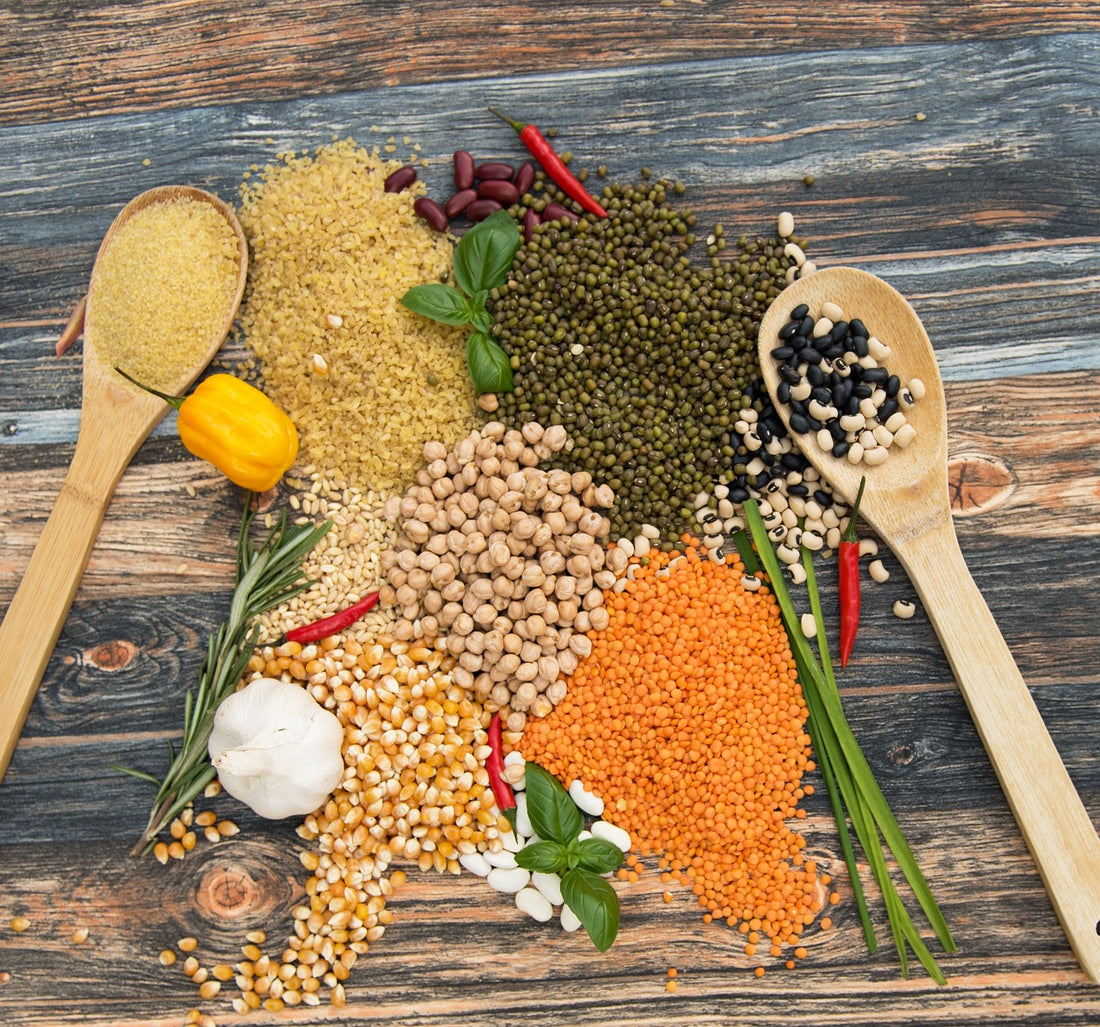
The Digestive Dilemma: Finding Relief Beyond Medication
Share
In today's fast-paced world, it's not uncommon for many of us to experience digestive problems. These issues can disrupt our daily lives and leave us desperately seeking relief, whether it's bloating, indigestion, or irritable bowel syndrome (IBS). For many, the immediate solution seems to be medication, but have you considered the crucial role that your diet plays in maintaining a healthy gut?
The gut, often referred to as the "second brain" due to its intricate network of neurons, plays a pivotal role in our overall well-being. A healthy gut can boost our immune system, enhance nutrient absorption, and even impact our mood. While medications can be helpful in some cases, there's a natural and sustainable way to promote gut health - through our food choices. One group of foods that can significantly aid in this endeavor is legumes.
Legumes: The Unsung Heroes of Gut Health
Legumes, including beans, lentils, and chickpeas, have been a dietary staple for centuries in various cultures worldwide. They are a nutritional powerhouse packed with fiber, vitamins, minerals, and antioxidants. However, their most significant contribution to our well-being lies in their ability to foster a thriving gut microbiome.
1. Rich in Fiber: Legumes are abundant in dietary fiber, which acts as a natural broom for your digestive system. Fiber helps regulate bowel movements, prevents constipation, and may reduce the risk of developing digestive disorders.
2. Prebiotics: Legumes contain prebiotics - non-digestible compounds that nourish the beneficial bacteria in your gut. A flourishing gut microbiome is associated with improved digestion and a stronger immune system.
3. Reducing Inflammation: Chronic inflammation in the gut can lead to digestive woes. Legumes have anti-inflammatory properties that can help soothe the GI tract and promote a healthier digestive environment.
4. High-Quality Protein: Legumes are an excellent source of plant-based protein, which can be gentler on your digestive system than heavy animal proteins. This makes them a valuable addition for those with sensitive stomachs.
Incorporating Legumes into Your Diet
Now that you know how legumes can benefit your gut health, it's time to start incorporating them into your diet. Here are some delicious and easy ways to do so:
Chickpea Hummus: Whip up a creamy hummus dip to enjoy with raw vegetables or whole-grain crackers.
Lentil Soup: Make a hearty lentil soup with your favorite vegetables and spices for a satisfying meal.
Bean Salad: Create a colorful bean salad with a variety of beans, fresh herbs, and a zesty vinaigrette dressing.
Roasted Chickpeas: Toss chickpeas with olive oil and your choice of seasoning, then roast them in the oven for a crunchy and nutritious snack.
Black Bean Burritos: Load up whole-grain tortillas with black beans, veggies, and your preferred toppings for a gut-friendly Mexican feast.
Remember, consistency is key when it comes to reaping the digestive benefits of legumes. Gradually introduce them into your diet to allow your digestive system to adapt. And always listen to your body – if you have specific dietary restrictions or allergies, consult a healthcare professional before making significant dietary changes.
In conclusion, while medication can provide temporary relief from digestive problems, it's essential to address the root causes of these issues. Incorporating legumes into your diet is a natural and effective way to support gut health. By making mindful food choices, you can foster a harmonious relationship between your gut and the rest of your body, leading to improved overall well-being.
Salutations,
Good Karma Day Every Day
